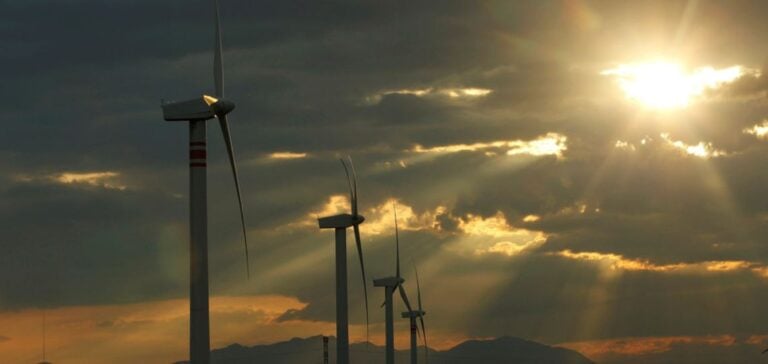The Rockefeller Foundation has published a report highlighting a significant renewable energy deficit, referred to as the “Green Power Gap”.
This deficit, representing 8,700 TWh, concerns 72 countries across Africa, Asia, Latin America and the Middle East. The report highlights the urgent need for these nations to transform their current, often inefficient, energy systems to achieve sustainable energy abundance. These countries need to increase their clean energy production capacity by 2050 to meet global climate targets and development needs.
Currently, they use less than 1,000 kWh per capita each year, a level insufficient to lift their populations out of energy poverty and stimulate economic growth.
Analysis of countries and regions concerned
The countries identified in the report include Asian nations such as Afghanistan, Bangladesh, India and Indonesia, as well as numerous African and Latin American countries such as Bolivia, Guatemala, Haiti and Nicaragua.
In Africa, countries such as Micronesia and Myanmar are also concerned.
The analysis reveals that only eight countries are in Latin America and the Middle East, while 44 are in Africa and 20 in Asia.
These countries, described as “energy poor”, not only need to increase their production of clean energy, but also improve their energy infrastructure to reach modern minimum energy standards, defined by an average annual use of 1,000 kWh per capita.
Four countries, although having exceeded this threshold, have significant population segments below this level.
Calculate the Green Power Gap
The Rockefeller Foundation has classified UN countries into three categories: “advanced economies”, “energy-poor countries” and “emerging economies”.
Advanced and emerging economies must achieve net zero emissions by 2050 and 2060 respectively.
The report calculates that the remaining global carbon budget of 207 gigatons allows for some growth in energy-poor countries, provided that the share of fossil fuels declines over the long term.
By 2040, the share of fossil fuels in these countries must fall to 30%, with a target of zero net emissions by 2070.
This transformation requires an approach tailored to the specific resources and needs of each country.
Strategies for Energy Abundance
The report identifies several strategies for achieving green energy abundance.
One is to progressively green the grid, a path particularly suited to countries with developed grids such as India.
Another strategy calls for a shift to mixed renewable energies, which is appropriate for countries like Nigeria with limited grid capacity but high population density.
Other countries, such as Burkina Faso, should focus on decentralized solar storage, taking advantage of their excellent solar resources despite limited grid development.
Finally, a decentralized renewable mix would be ideal for countries like the Democratic Republic of Congo, which have diversified, high-quality renewable resources.
These strategies show that there is no single solution, but rather green opportunities based on the available resources and energy assets specific to each country.
The Rockefeller Foundation plans to explore these avenues in detail in future analyses to better understand how each nation can close this energy gap and achieve green energy abundance.
Future prospects include exploring these pathways in detail to better understand how each nation can close this energy gap and achieve an abundance of green energy.






















